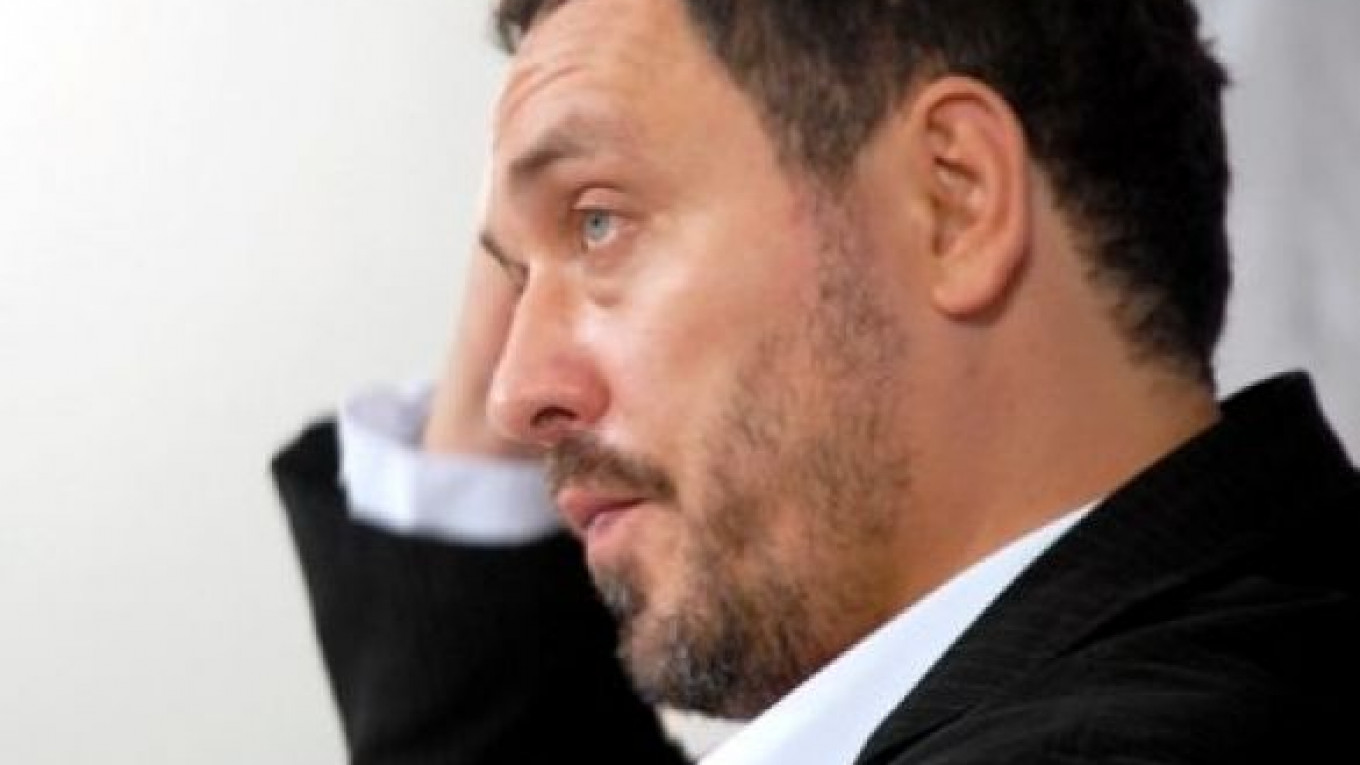President Vladimir Putin's human rights council gained 39 new members on Monday as its total membership count rose from 40 to 62 in a reshuffle that saw more than a dozen leave.
A longtime head of the council told The Moscow Times that, in its expanded form, the panel would have a hard time coming to "consolidated decisions linked by a single logic."
Ella Pamfilova, who headed the presidential human rights panel from 2002 to 2010, said by phone that it was "no longer a community of likeminded people but a motley crew. Allowing more people into the council makes it unclear whose voice will be taken into account and whose will not."
She added, "There are very professional and profound rights defendants, like Igor Kalyapin, Pavel Chikov and Yelena Topolyova-Soldunova, but there are also many controversial individuals whose names I don't want to mention."
Topolyova-Soldunova, who heads the Agency for Social Information and attended a Monday council meeting chaired by Putin, said by phone that "it became clear that such a large council cannot work effectively without a clear structure, as all members are very different."
Another newly elected member, however, said by phone that "increasing the number of members in the council was the right decision because the council is not a closed organization but rather a public institution, where everyone can be represented."
Maxim Shevchenko, who heads the Center for Strategic Studies of Religions and Politics of the Modern World, added that "the council will enable more people to accomplish their ideas, a unified position is not necessary."
A presidential order on Monday also confirmed the release of more than a dozen human rights defenders from the council who had resigned earlier this year.
A wave of members, including Moscow Helsinki Group's Lyudmila Alexeyeva and Transparency International's Yelena Panfilova, exited the panel after Putin regained the presidency then proposed that new members be decided by an online vote.
Their departure nearly halved the council's membership count. The panel's head, Mikhail Fedotov, said at the time that, if 20 members left, he would leave.
Despite the controversy, the council's new makeup was selected by online voting. A popular vote was held in early September, with more than 100,000 candidates registered.
Eighty-six candidates were chosen by that vote, then they competed for 13 places, each one dedicated to a human rights issue in Russia, such as the rights of prisoners and the disabled, as well as public monitoring of the judicial system.
The new makeup includes Lilia Shabanova, head of the partially U.S.-funded election watchdog Golos, renowned for its critical commentary on Russia's electoral system.
Young Guard, the youth branch of the United Russia party, also managed to get its representative, Yana Lantratova, into the council.
Putin proposed increasing the membership count at a Nov. 1 meeting with the council's head, Fedotov.
Former head Pamfilova added by phone that when she formed the council under its current name in 2004, she "took on full responsibility of choosing people in order to gather together liberal human rights defendants, opposed to the authority and not represented in government bodies."
"That council was unique because it had not been built within the political system and had a great degree of independence. The current council is just another state-civic institution, relying on the logic of the political system. It has lost its exclusivity, there are plenty of other such representative bodies," she said.
"I considered choosing people by myself as a temporary measure, until there would be free elections and all other democratic mechanisms, but as we see, this process has been delayed in the country. That is why such a fundament of opposition liberals still needs to exist," Pamfilova said.
At the Monday meeting, Putin said he was "ready to revise recently passed legislation on NGOs and some other controversial bills passed this summer so that a dialogue can be established, even though it may be difficult," Topolyova-Soldunova added.
Correction: An earlier version of this article incorrectly stated the number of members in the newly formed presidential human rights council as 65, instead of 62.
Related articles:
A Message from The Moscow Times:
Dear readers,
We are facing unprecedented challenges. Russia's Prosecutor General's Office has designated The Moscow Times as an "undesirable" organization, criminalizing our work and putting our staff at risk of prosecution. This follows our earlier unjust labeling as a "foreign agent."
These actions are direct attempts to silence independent journalism in Russia. The authorities claim our work "discredits the decisions of the Russian leadership." We see things differently: we strive to provide accurate, unbiased reporting on Russia.
We, the journalists of The Moscow Times, refuse to be silenced. But to continue our work, we need your help.
Your support, no matter how small, makes a world of difference. If you can, please support us monthly starting from just $2. It's quick to set up, and every contribution makes a significant impact.
By supporting The Moscow Times, you're defending open, independent journalism in the face of repression. Thank you for standing with us.
Remind me later.






